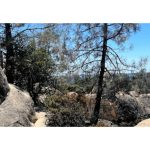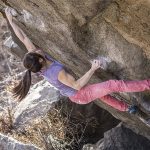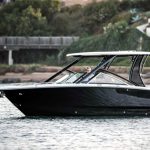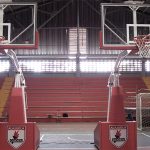Billabong is downgrading its full-year net profit outlook after assessing the impact of the earthquake and tsunami in Japan. The downgrade comes less than a month since the action sports manufacturer and retailer forecast that full-year net profit would be flat versus the prior year.
Management last week said its now estimated its full-year profit would be lower by up to 6% and at least 2%, in constant-currency terms versus the prior year.
The company said in a statement, “While Billabong's offices and warehouse in Japan appear to have suffered no direct physical damage from the earthquake and subsequent tsunami, a number of company-owned retail stores and the wider wholesale account base have been, or are likely to be affected.”
Besides Billabong, the company’s brands include Element, Von Zipper, Kustom, Palmers Surf, Nixon, Xcel, Sector 9, Tigerlily, DaKine and RVCA. It also operates the retail chains West 49, Honolua Surf Company, and Swell.com.
Billabong has 44 company-owned stores in Japan that account for about 60% of the group's sales revenue in the country. A total of 10 stores were initially closed due to damage, loss of power or standard earthquake and tsunami evacuation procedures. As of March 16, 18 company-owned stores remained closed in Japan. Billabong said it understood that two of these stores were badly damaged by the tsunami, three suffered major unspecified damages and a further 13 remain closed due to power disruptions, access issues or until landlords complete damage assessments.
Billabong stated in a release that, although it is extremely difficult to determine the exact impact of trading within the wholesale account network in Japan, preliminary indications are that many accounts are currently closed. Billabong has 500 wholesale accounts in Japan.
Billabong expects to work closely with its wholesale partners accounts to help them through this difficult period.
In the 2010 financial year, Japan accounted for 4% of Billabong’s global sales revenue and 3% of its EBITDA. Approximately two-thirds of the company's overall annual profit in Japan is generated in the four months from March to June and the company is now assuming that there will be a “significant shortfall in sales that were previously expected in this period.”
Billabong said some insurance is in place in Japan and while there is an expectation that some monies will be recovered, this is highly unlikely to occur in the current fiscal year.
Compounding matters is that the natural disasters in Japan follow an earthquake in Christchurch, New Zealand on February 22. Billabong has six company-owned stores in Christchurch, three of which remain closed due to significant damage.
“In isolation and given that the insurance was in place albeit acknowledging the amount likely to be recovered from insurance remains uncertain, the Christchurch earthquake was not expected to have a material impact on the group's overall business. However, when coupled with the latest natural disasters in Japan, there is potential for the combined impact to reach levels that would materially impact group profitability.”
On February 18, Billabong forecast NPAT (net profit after tax) to be flat in constant currencies compared to the prior year. The company now anticipates NPAT is likely to be 2% to 6% lower in constant-currency terms compared to the prior year.
Billabong noted that there was no significant physical injuries to any Billabong employees as a result of the natural disasters in Japan and New Zealand.















